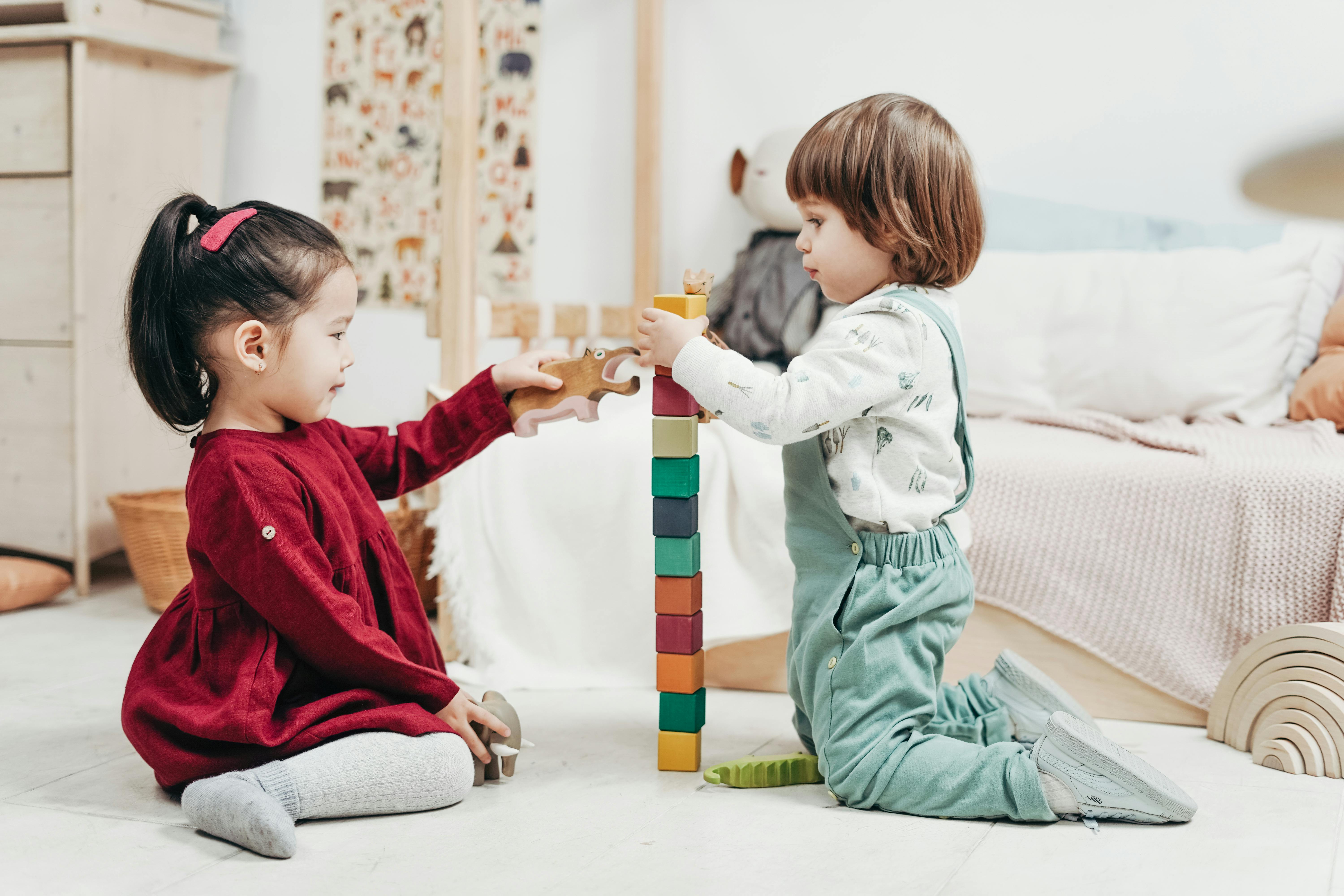Employees in the workplace could learn a thing or two from their youngest family members.
By Ted Kitterman
When Dr. Hasan Merali explained that my toddler has more well-being than me, my first reaction was to laugh.
My 16-month-old son is a walking petri dish that brings home superbugs from daycare. Exhibit A: The pink eye and double ear infection he has this very week.
What well-being tips could I possibly learn from someone who can’t even wipe his own nose?
Quite a few, according to Merali, a pediatric emergency medicine physician and researcher who has been working with toddlers for more than a decade. In his new book, “Sleep Well, Take Risks, Squish the Peas,” Merali makes the case that toddlers have innate knowledge and habits that lead to resilience and overall wellness.
Attend our annual company culture conference May 7-9, 2024
“These are all things that we used to know,” Dr. Merali says. “Because of age and our experiences, some of these things have got a little bit lost along the way. But we have the ability to get them back.”
A workplace well-being crisis
Now might be a good time to look for unconventional sources of information to address the well-being crisis sweeping the modern workplace.
In the wake of the COVID-19 pandemic, many employers increased support and programs for mental health, invested in technology and training to build resilience, and launched new offerings to improve well-being for employees. Despite the increase in focus, Great Place To Work® research has found that mental and emotional well-being hasn’t improved much for employees at the typical U.S. workplace.
The U.S. Surgeon General issued a public health advisory in 2023 about the impact of loneliness and isolation on all Americans, including employees. Well-being continues to be a top priority for HR leaders, and a key driver of employee retention.
Equity of well-being is also one of the Four Equities, a framework developed by Great Place To Work to determine the experiences that create a workplace culture that builds equity and belonging for all employees.
Toddler-like well-being
What lessons can we learn from toddlers about well-being and the workplace? Several, Dr. Merali says.
“Toddlers work extremely hard every day,” he says. Daycare opens at 7 a.m. and lasts until 6 p.m., with toddlers going through a rapid learning curve. Yet, toddlers have a much healthier “workplace.”
They get scheduled breaks, usually going outdoors to play, eat meals with friends, and take naps. By contrast, many working adults eat at their desk or skip their lunch, stay inside, and remain seated at their desk for hours at a time.
Nap time? Forget it.
But adults could also benefit from some structured breaks during the day. “Even just a short walk or something else to get away from the screen and up and moving is incredibly helpful,” Dr. Merali says.
That’s not the only way two-year-olds find more well-being. Here are the well-being lessons grown-ups should take from this impressive age group:
1. Be a team player
Toddlers are natural collaborators, Dr. Merali says. “Teamwork is critical for toddlers because they are focused on building relationships and learning, and that really comes out when they’re working with others.”
Your toddler might be a better communicator than you, Dr. Merali adds.
In a study where a toddler is paired with an adult to complete a task, and then the adult is asked by the researcher to stop doing the task, the toddler will immediately take up the issue with the adult.
“They’ll address the adult, politely, and they’ll just explain what needs to be done in their own language, a couple of words,” Dr. Merali says. If that doesn’t work, they go to the next step and just show their partner what needs to be done.
“They just want to make sure that the other person understands, and that they can work together — that’s all they really want to do,” Dr. Merali says.
The key is to approach a work partner without judgement. In other experiments, researchers have shown that toddlers don’t assign blame when a task doesn’t go according to plan.
“They are focused on getting the work done, not really about what happened,” Dr. Merali says. “They just simply acknowledge the problem, move on, and just look for solutions.”
2. Ask more questions
Building relationships is a key element of creating well-being in the workplace, with meaningful connections being one of five dimensions of well-being identified in Great Place To Work research.
One great way to build those connections? Learn to ask questions.
Toddlers are the experts at asking questions. “When toddlers are recorded and they’re not paying attention to the recording equipment, they can ask a hundred questions in an hour,” Dr. Merali says, a rate of inquiry adults cannot replicate.
“As adults we get question shy,” he explains. “We care a lot about what the other person thinks of us. We care a lot about how asking questions will make us look— so our rate of questions goes down dramatically.”
Yet, asking questions has immense benefits, not only to get information but to show humility and communicate interest in others.
3. Embrace saying “no”
Toddlers are famous for their penchant to say “no” — and while Dr. Merali doesn’t recommend completely emulating your toddler’s appetite for contrariness, there are well-being benefits to setting a clear boundary.
“Our default for a lot of requests that come into us is to say ‘yes,’” Dr. Merali says. To better prioritize and protect your calendar, adults could benefit from resetting their default, or at least pausing before agreeing to another project.
4. Adopt the toddler sleep schedule
“The best wellness takeaway for anyone is always to get better sleep,” Dr. Merali says — and toddlers have much healthier sleep habits than adults. “If we could follow a toddler’s sleep schedule, then our sleep would be so much better.”
The typical toddler routine starts one hour before bedtime and requires you to put away phone screens, take a warm bath or shower, do a hygiene activity (brushing teeth), and then do a quiet activity (reading a book).
That simple playbook dramatically improves sleep and has incredible benefits for the whole day.
5. Celebrate others
Great Place To Work research shows the importance of creating a culture of recognition for employee well-being. For toddlers, celebrating others is second nature.
“When I drop off my little one at preschool every day, I can’t even walk down the hall a few steps without hearing a big hooray or clapping for something that they did,” says Dr. Merali.
People trying to create great workplaces should try to emulate the joy of a two-year-old when celebrating colleagues. It might feel silly, but the research shows a little fun in the workplace goes a long way.
Get more insights
Learn more strategies from our workplace culture experts at our For All™ Summit, May 7-9 in New Orleans.












